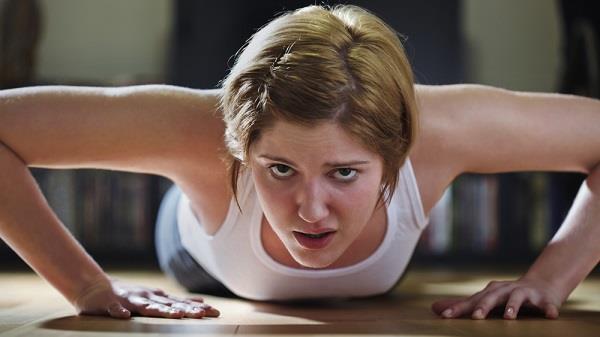(And is that even the right question?) But first, let’s answer it.
For a study published in The Lancet Psychiatry in August 2018, researchers from Yale and Oxford used an unusually large data sample size: 1.2 million Americans, all ages 18 or older. It represented three years’ worth of data from the Centers for Disease Control and Prevention Behavioral Risk Factors Surveillance, which asked people questions about their mental health history, their current well-being, and their exercise habits. Importantly, what it counted as exercise was incredibly broad: People could choose from 75 different types, from traditional pastimes like basketball and yoga to more unusual activities like “active gaming devices,” “hunting large game,” and “snow shoveling by hand.”
The takeaway is that people who exercised had 40 percent better mental health than people who didn’t exercise, even when they controlled for BMI, physical health, and sociodemographic factors like age and race.
(According to the research at least…) It didn’t really matter which activity people did, either — just exercising alone was enough. (More on this below.) Some activities had a bigger impact than others, however. Team sports were the biggest mood boosters, followed by cycling, aerobics and running. Household chores were understandably near the bottom, but they were still associated with a roughly 10 percent reduction in “mental health burden,” which they measured by the number of bad mental health days a given person had experienced in the past month.
To answer the big question: “How much exercise is necessary for mental health benefits?” the researchers concluded that the sweet spot is right around 30–60 minutes three to five times a week.
Now for the but…
Notice above that the biggest boost to mental health was derived from team sports. Or, viewed through a Funtensity lens, activities that include Reactivity, Coordination, Partner Interaction, and Friendly Competition.
My intuition tells me that if this study had also asked people how much they enjoyed each activity they did, you’d see a bigger boost in brain health from people who did even a lesser amount of more enjoyable activities (like team sports or a suitable substitute like kayaking with friends) than you would see in people who did a higher amount of less enjoyable activities (like housework, yard work, and snow shoveling).
The cool thing is that this study shows that even chores have a non-zero positive effect on mental health. Whenever we move around a little, we always seem to feel a bit better.
I believe it would take less of the fun stuff to provide a bigger boost to brain health.
It is my belief, substantiated by 20 years of professional fitness coaching, that unless you include (and first, find) enough types of physical activity that you enjoy, deriving the benefits (physical, mental, or otherwise) from exercise will be difficult.
Hopefully, future researchers will study how much physical activity you enjoy is necessary for mental health benefits. Correlating enjoyment with the quantity necessary would be of even greater interest to us all.
Want to share your thoughts and experiences on this topic? Post a comment on Facebook, Instagram, or Twitter on @funtensity.

